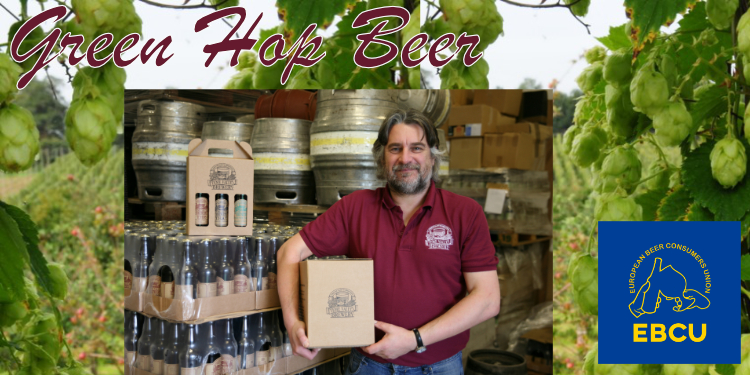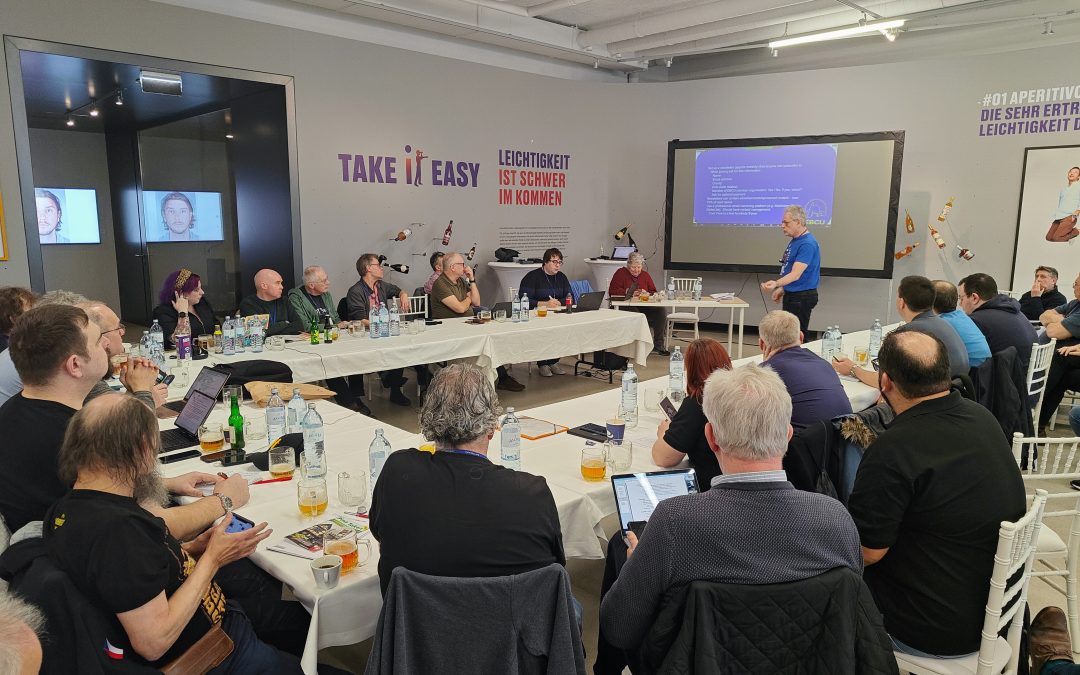A Continent of Beer
A Continent of Beer
EBCU are putting together a series of short informative online workshops – “A Continent of Beer”. They will cover beer tourism as well as the history and culture of countries across Europe.
Why do you need to sign up?
You will receive…
- First-hand knowledge from a local beer enthusiast
- The best places to visit and stay
- Top places to have a beer (or two) and ‘must-try’ beers
- Valuable travellers’ tips such as payment and transport
We look forward to meeting you on this journey,
Ireland
Presented by John Duffy
Monday 9th September, 20:00 CET – Tickets

Ireland has a diverse and exciting beer scene, one which has sprung back to life in the last couple of decades after a century of consolidation and closures at the hands of multinational brewing concerns. Today, almost every county has a brewery, some with particular specialisations, including barrel-ageing and wild fermentation. With the multinationals still very much a dominant force in Irish brewing, finding independent beer can be tricky for the visitor. This workshop offers a guide to the current scene, including some of the hidden corners where the most interesting Irish beers can be found.
A Continent of Beer – An Introduction
Presented by Tim Webb
Held on April 15th 2024 – Watch Now
While enjoying a drink of beer, have you ever stopped and wondered about the history of the world’s most popular fermented beverage?
Why do beer and Europe seem to go together – glass in hand?
In large parts of medieval Europe, ale or beer was the drink of choice. It was consumed daily by all social classes, particularly in the northern and eastern parts of the continent, where grape cultivation was difficult or impossible. Brewing was considered a common household task, alongside cooking and growing crops.
News

Green Hop Beer
Hops are grown in the Midlands and South East of England. They are harvested during September and early October. The cones are separated from the bine and then dried immediately on a kiln, and pressed into bales to be stored until used – maybe for more than a year....

EBCU Embraces New Code of Conduct in Vienna in 69th Delegates Meeting
The European Beer Consumers Union (EBCU) recently concluded its 69th Delegates Meeting in Vienna, Austria.

